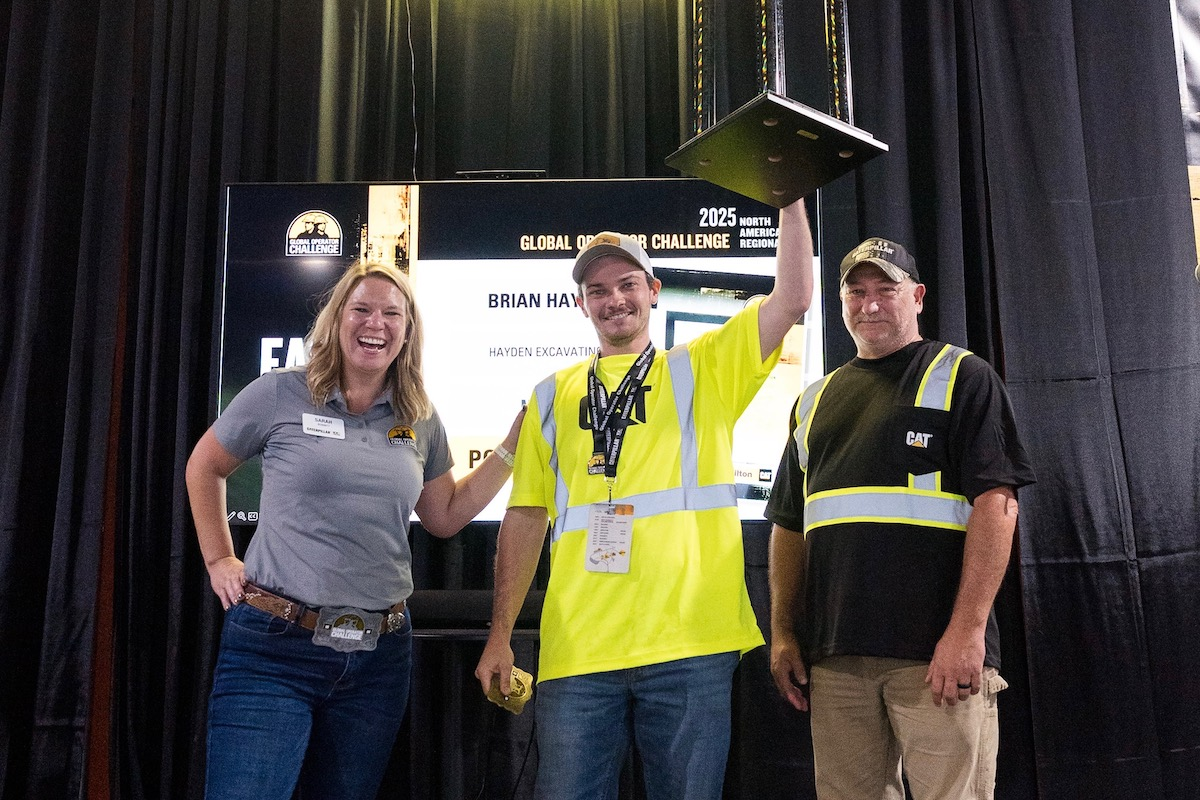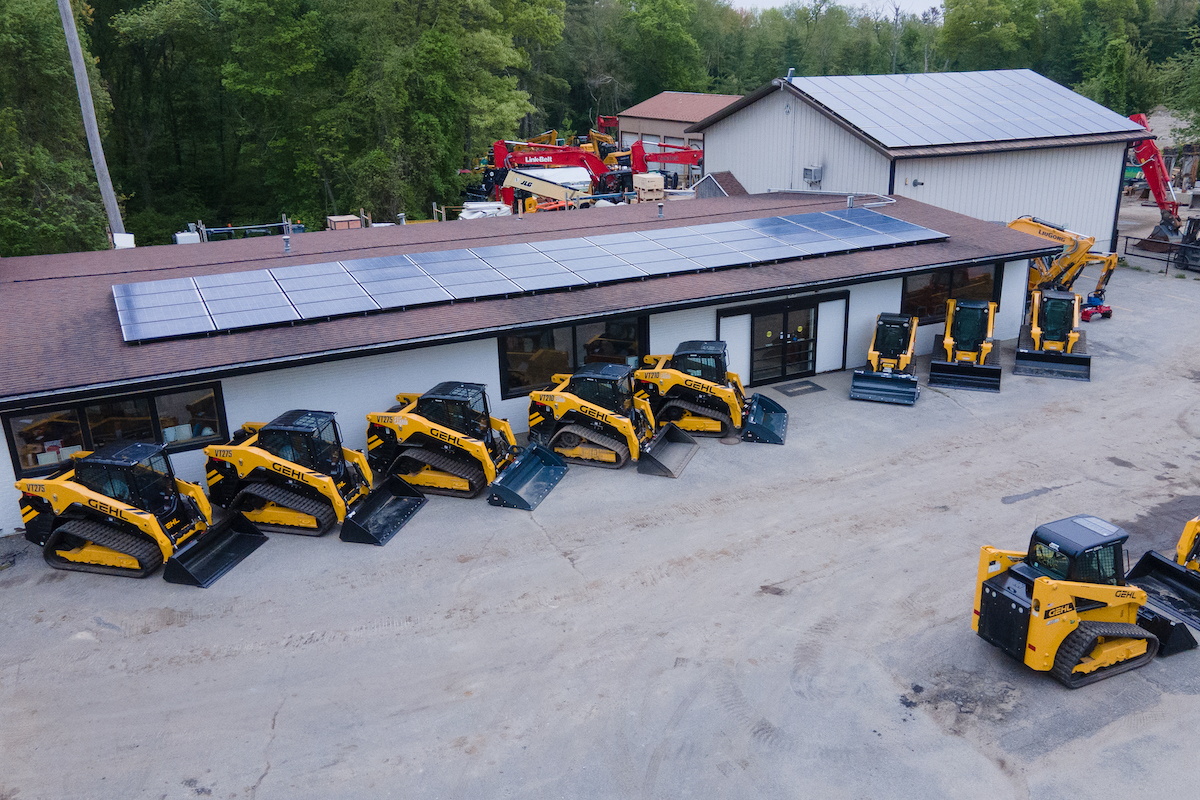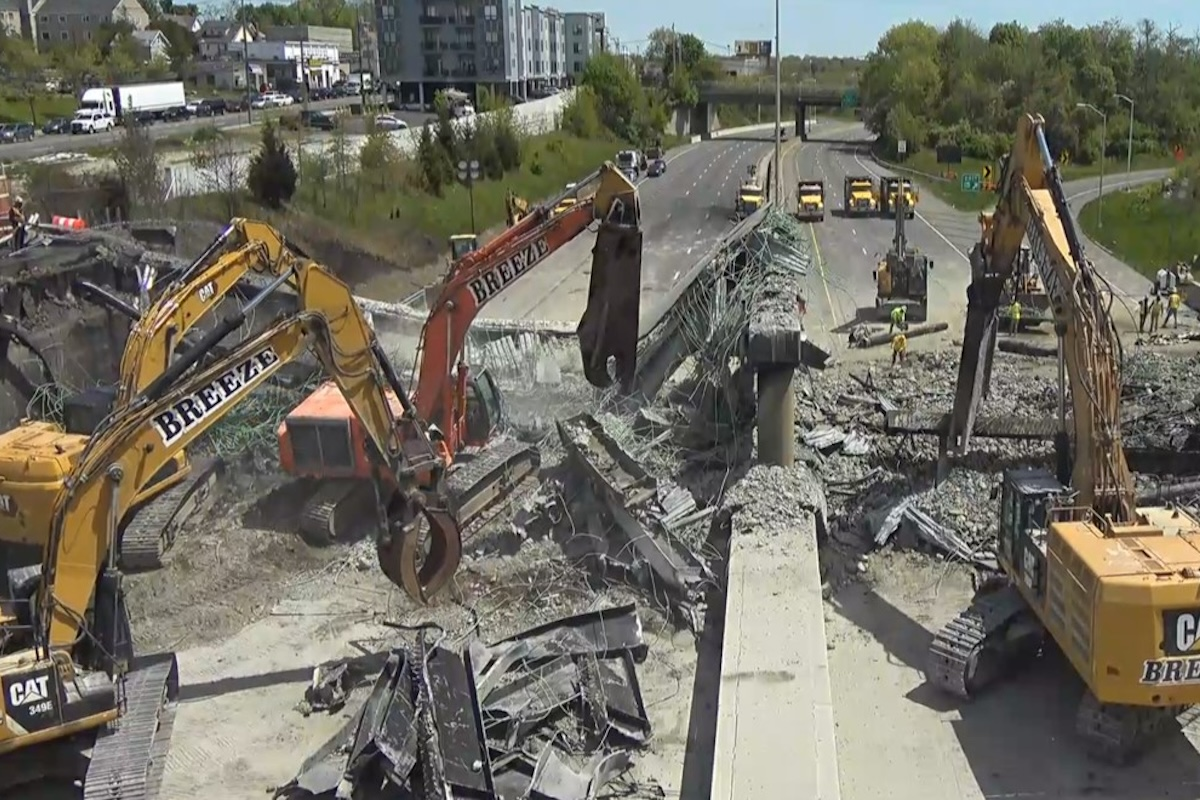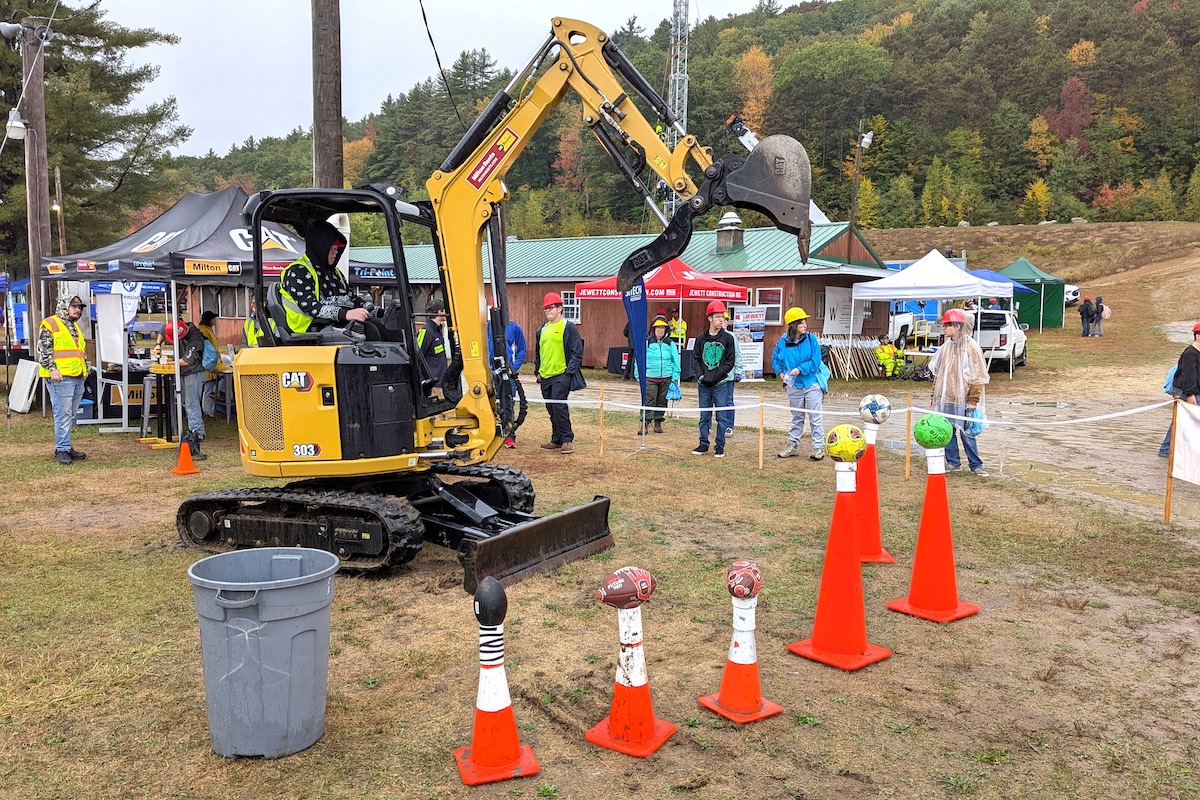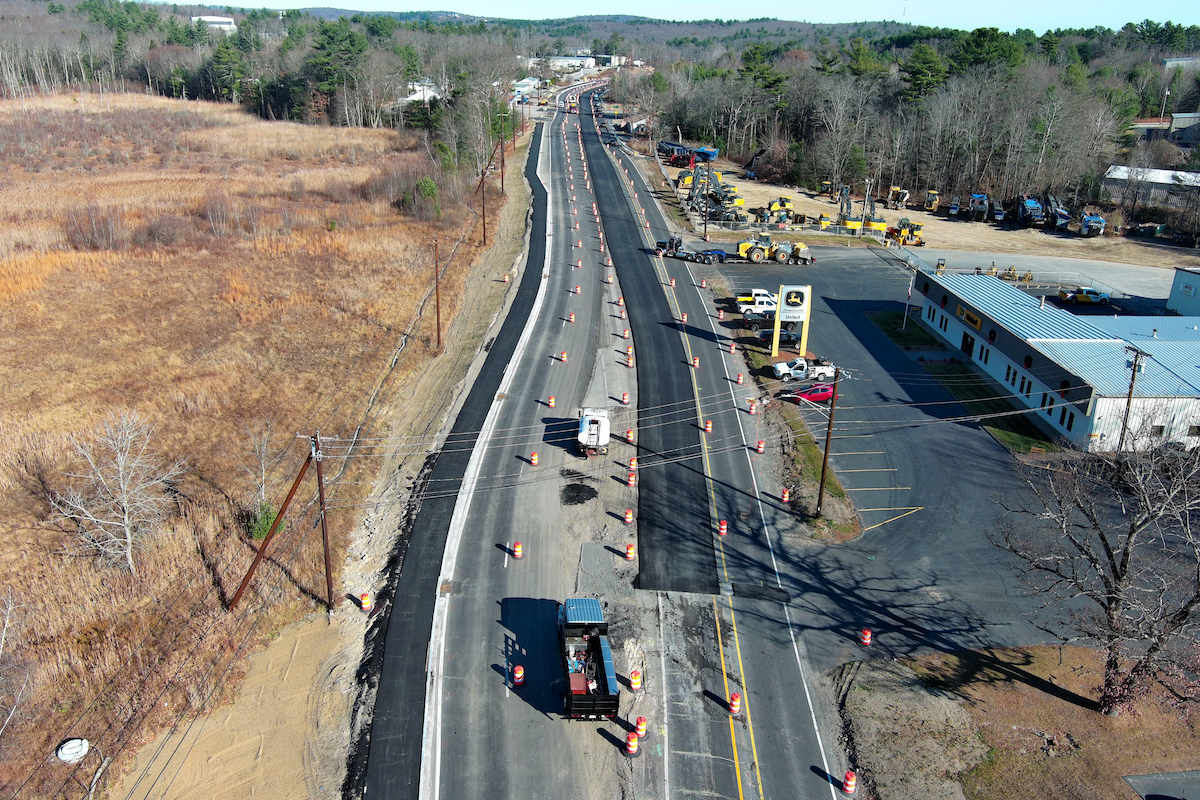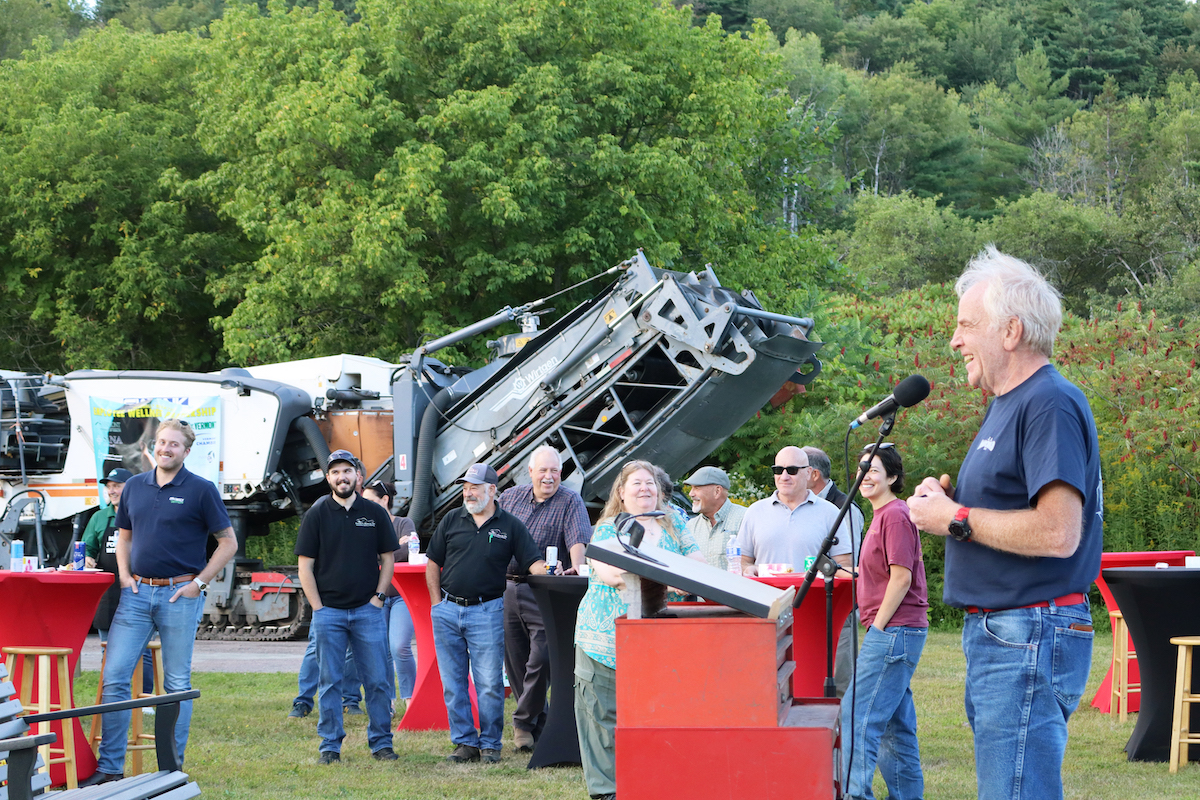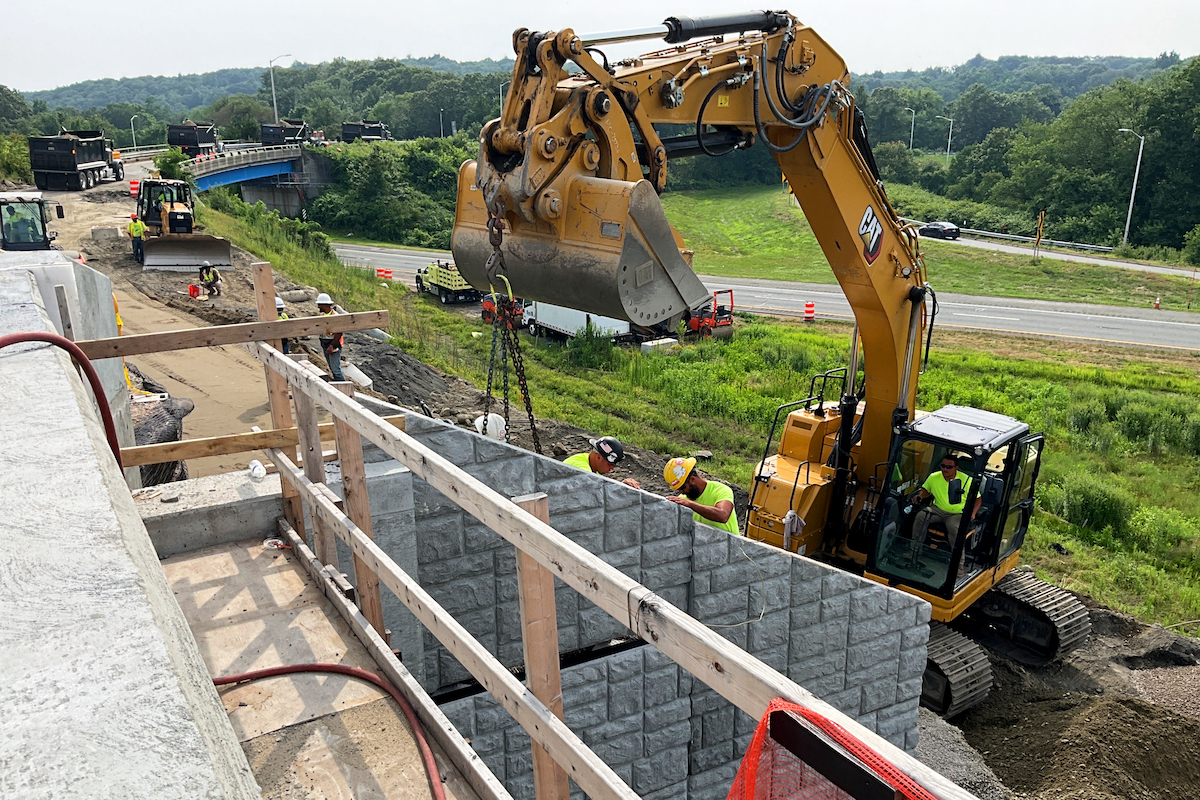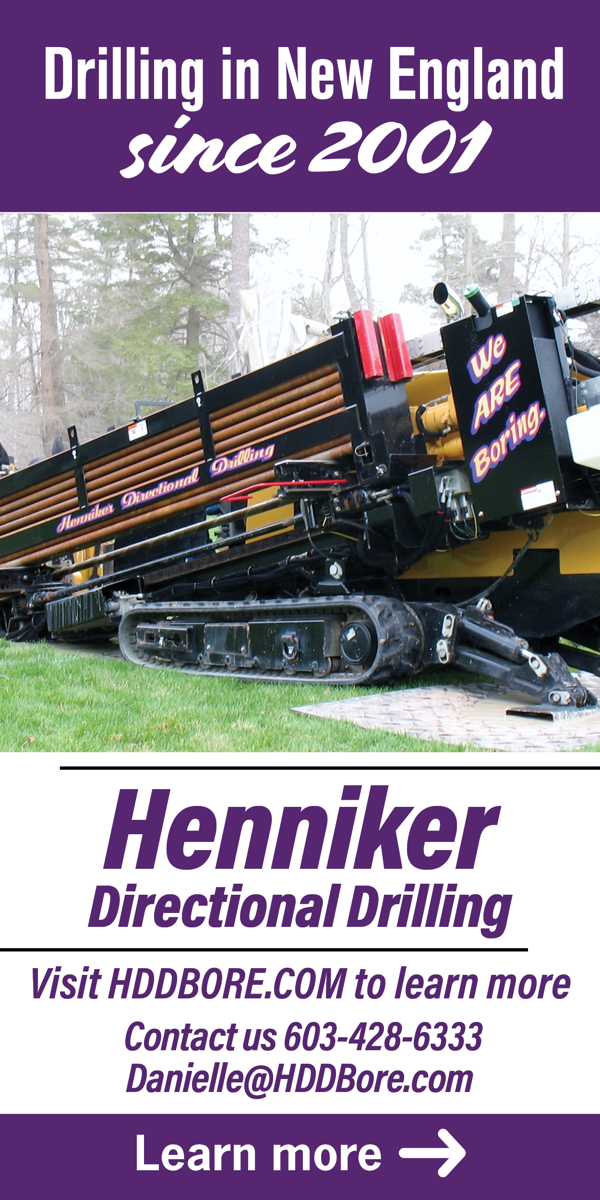Mounted on a carrier without the correct hydraulic oil flow and pressure, system back pressure and some consistent downward force, they just sit there, making noise and creating dust. Regardless of the carrier – excavator, backhoe, or skid steer – they will not perform to their stated specifications without those four critical parameters in place. And there, in a nutshell, is one of the key differences between an excavator and a demolition robot.
On the other hand, excavators are – as their name suggests – primarily designed to excavate. In fact, they do that quite well. Better, frankly, than demolition robots can. But when it comes to demolition, just hanging a hydraulic breaker off the end of the boom is not enough to achieve the kind of concrete-breaking results that a robot can generate. An excavator’s hydraulic system simply doesn’t provide what the hammer needs to perform at its optimum level.
All that power in such a compact package opens up all kinds of possibilities to do work in limited access, confined spaces, or where floor loads are an issue. Top-down demolition of high-rise structures is fast becoming the realm of the demolition robot. Where before larger excavators were used, and extensive shoring was needed, today, light-on-their-feet but powerful robots can be deployed, with results that are quicker and safer than traditional methods.
The four outrigger legs on demolition robots provide a super-stable platform from which to operate. The entire machine is designed to withstand the rigors of the demolition process – the vibrations and reactive forces – as well as the heat generated by the large hydraulic system packed into the compact cabinet.

| Your local Case Construction Equipment Inc dealer |
|---|
| Beauregard Equipment |
| Monroe Tractor |
The high-capacity hydraulics found on demo robots lend themselves to a wide range of attachments beyond hydraulic breakers, making them even more versatile: crushers, rock drills, grapples, scabblers, core drills, and more can be mounted and applied across a number of challenging applications in tunnels, mines, metal processing plants, and in nuclear facilities.
Demolition robots happily go where the operator sitting inside the cab of an excavator would rather not. And once they get there, their raw power and compact size make them an increasingly valuable addition to the construction equipment landscape.




























